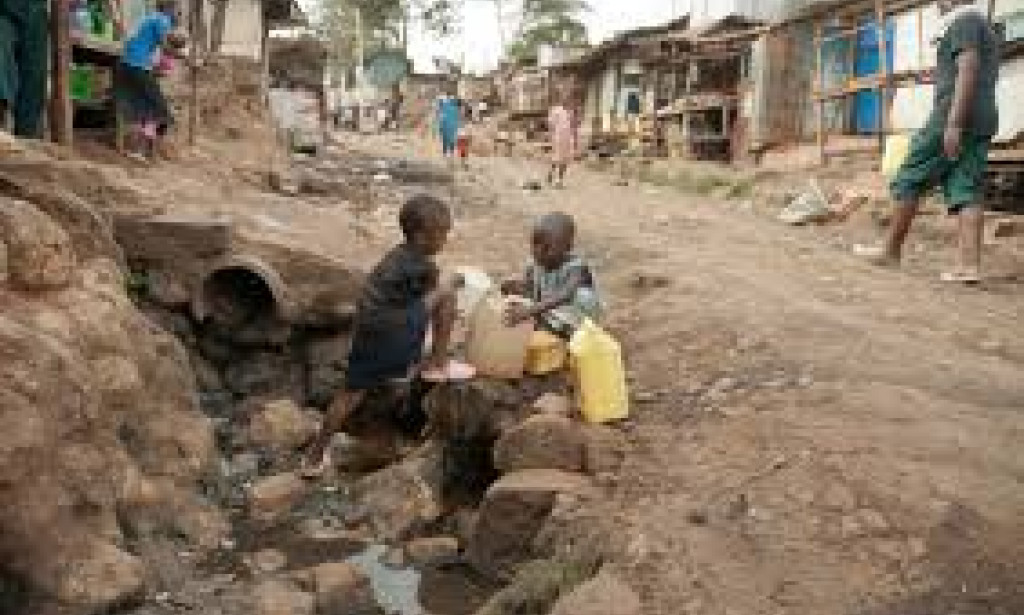Poverty in Africa remains a significant challenge, affecting millions of people across the continent. Despite recent economic growth in some African countries, poverty persists, exacerbated by various factors.
Causes of Poverty in Africa:
- Historical Factors: Colonialism, slavery, and the transatlantic slave trade had lasting negative impacts on African economies and societies.
- Economic Inequality: Unequal distribution of wealth and resources within and between African countries contributes to poverty.
- Political Instability: Conflict, corruption, and poor governance hinder development and economic growth.
- Climate Change: Climate change-induced droughts, floods, and other natural disasters disrupt livelihoods and food security.
- Health Issues: High rates of diseases like HIV/AIDS and malaria further strain resources and limit economic productivity.
- Education and Skill Gaps: Lack of access to quality education and skills training limits opportunities for employment and entrepreneurship.
Consequences of Poverty in Africa:
- Malnutrition and Hunger: Poverty leads to food insecurity and malnutrition, particularly among children.
- Poor Health Outcomes: Limited access to healthcare results in high rates of preventable diseases and infant mortality.
- Limited Access to Education: Poverty can prevent children from attending school or completing their education.
- Environmental Degradation: Poverty can drive unsustainable practices like deforestation and overfishing.
- Social and Political Instability: Poverty can fuel social unrest, conflict, and migration.
Addressing Poverty in Africa:
To effectively address poverty in Africa, a multi-faceted approach is necessary:
- Sustainable Development: Promoting sustainable economic growth that benefits all segments of society.
- Investment in Education: Expanding access to quality education to equip individuals with the skills they need to succeed.
- Strengthening Healthcare Systems: Improving healthcare infrastructure and access to essential medicines.
- Good Governance and Transparency: Encouraging good governance, reducing corruption, and promoting accountability.
- Climate Change Mitigation and Adaptation: Investing in climate-resilient infrastructure and sustainable agriculture.
- International Cooperation: Encouraging international aid, investment, and technology transfer to support African development.
- Empowering Women and Girls: Empowering women and girls through education, economic opportunities, and healthcare.
By addressing these challenges and implementing effective solutions, Africa can break the cycle of poverty and achieve sustainable development for all.


You must be logged in to post a comment.